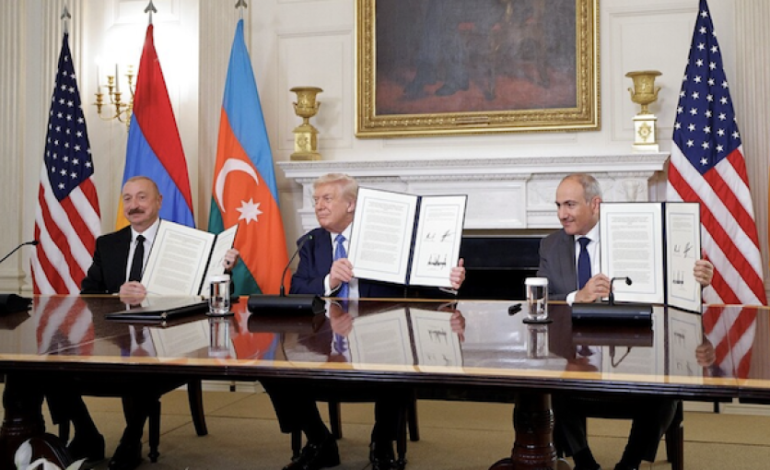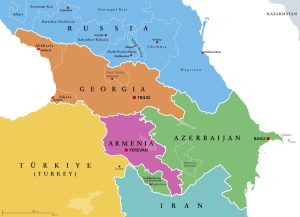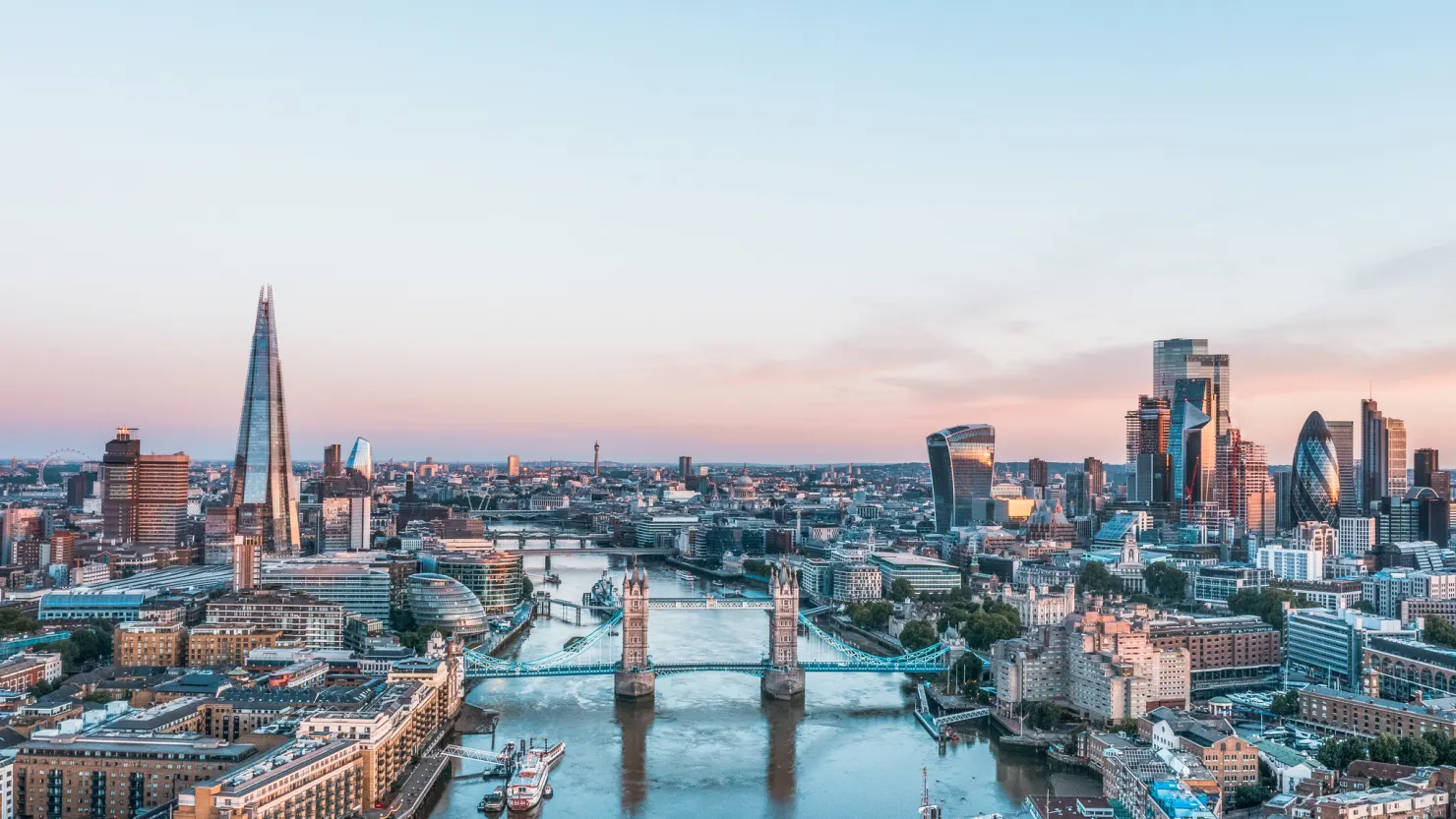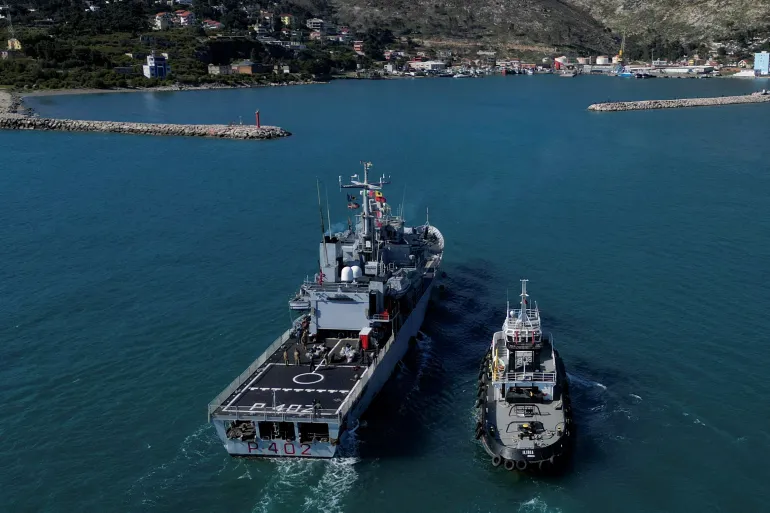ANALYSIS: The Zangezur Corridor — Who is in Control?

The August 8, 2025 “Washington Declaration” between Armenia and Azerbaijan is being billed by its architects — and loudly by Donald Trump — as a historic leap toward peace in the South Caucasus. But behind the diplomatic fanfare, one clause stands out like a flashing red warning light for Armenian sovereignty: the so-called “Trump Route” through the Syunik province.
On paper, Armenian officials insist it’s just a transport link under Armenian jurisdiction, built with American investment and offering “reciprocal” benefits. In reality, Yerevan has granted an American company exclusive rights to develop and operate the section of the Zangezur corridor inside Armenia for 99 years. That’s essentially forever in geopolitical terms — and it ties a strategically vital artery not to Armenian control, but to US economic and strategic priorities.
The official framing is that Armenia will profit from new roads, railways, and fiber-optic cables, along with transit fees. But the real prize here is not Armenia’s — it’s Washington’s and Baku’s. For the United States, the Trump Route secures a hard asset in the heart of the Caucasus, giving it leverage over east-west trade, direct influence on the Armenian–Azerbaijani frontier, and a new way to reinforce its NATO ally Turkey while deepening ties to Azerbaijan.
For Azerbaijan, this isn’t just about connecting the mainland to its Nakhchivan exclave. It’s a land bridge to Turkey — and from there, to European markets — bypassing both Armenia’s leverage and Iran’s access routes. That’s why Trump’s administration wasted no time lifting restrictions on US military cooperation with Baku. The same Azerbaijan that fought and won two wars against Armenia in the last five years is now poised to get a fresh pipeline of Western arms and political cover.

By allowing the corridor to be placed under de facto American management, Yerevan has alienated one of its last dependable regional partners: Iran. The Zangezur region is Armenia’s only direct land connection to Iran. With the Trump Route in place, Tehran fears its northward access will be restricted or monitored by a hostile power. Iranian officials have openly called this a US “hegemonic scheme” and warned that they will not tolerate a geopolitical realignment on their border.
Losing Iran as a partner leaves Armenia exposed. Its already fragile security position now depends on the goodwill of Washington — and indirectly, the very leaders who have been most hostile to Armenia in recent years: Azerbaijani President Ilham Aliyev and Turkish President Recep Tayyip Erdoğan.
Foreign Minister Ararat Mirzoyan has gone on the defensive, blasting critics who call the Trump Route a “corridor” — a term that implies extraterritoriality. He insists there will be no third-party control, that Armenian customs and law will apply, and that the deal respects sovereignty. But sovereignty in name does not equal sovereignty in fact.
When an American company holds a 99-year operational monopoly on infrastructure so strategically central, the power dynamic shifts. Armenia will have limited leverage to enforce its own rules against the interests of the United States or its Azerbaijani and Turkish partners. And once embedded, Washington’s stake in the corridor will be used as justification for further security and military involvement in the region — not necessarily for Armenia’s benefit.
Prime Minister Nikol Pashinyan has staked his political future on the belief that peace, US investment, and regional connectivity will outweigh the risks. But the domestic backlash could be fierce. The Armenian opposition — already enraged over the loss of Nagorno-Karabakh — will frame this as the surrender of strategic territory and the ceding of national independence to a foreign power.
The problem is that in geopolitical terms, Pashinyan may have traded a temporary reprieve from Azerbaijan’s pressure for a long-term erosion of Armenia’s autonomy. The corridor isn’t just a road. It’s a lever. And whoever controls that lever — in this case, Washington — will have a say in Armenia’s foreign policy, trade routes, and even its defense posture for generations.
The Trump Route is being sold as a win–win project for peace and prosperity. In reality, it’s a strategic handover of Armenia’s most sensitive transportation corridor to US geopolitical designs, locking the country into a position of dependency while empowering its adversaries. For a state already squeezed between hostile borders, losing even partial control over Zangezur isn’t just a concession — it’s a structural weakening of national sovereignty that will be difficult, if not impossible, to reverse.
If peace comes at this price, Armenians will have to ask themselves whether it’s really peace — or just a pause before the next crisis, on terms written in Washington and Baku.









The latest news in your social feeds
Subscribe to our social media platforms to stay tuned